Services
What Ever Your Case May Be, We Can Help.
Charges We Handle
- Accessing Child Pornography
- Assault
- Aggravated Assault
- Assault causing Bodily Harm
- Criminal Appeals
- Cultivation of Marijuana
- Dangerous Driving
- Distributing Child Pornography
- Driving while prohibited
- Driving without a license
- Drug Trafficking
- Emergency Protection Orders
- Failing to report an accident
- Fraud Over / Under $5000
- Impaired Driving / DUI
- Insurance Litigation
- Intimidation of a Justice-System Participant
- Invitation to Sexual Touching
- Leaving the scene of an accident
- Minors
- Personal Injury Litigation
- Possession for the Purpose of Trafficking
- Possession of a Controlled Substance
- Possession of Child Pornography
- Possession of Proceeds of Crime
- Possession of Stolen Property
- Production / Importation of Drugs
- Regulatory mistakes
- Sexual Assault
- Sexual Interference
- Shoplifting
- Street Racing / Excessive Speed
- Stunting
- Theft from Employer
- Uttering Threats

